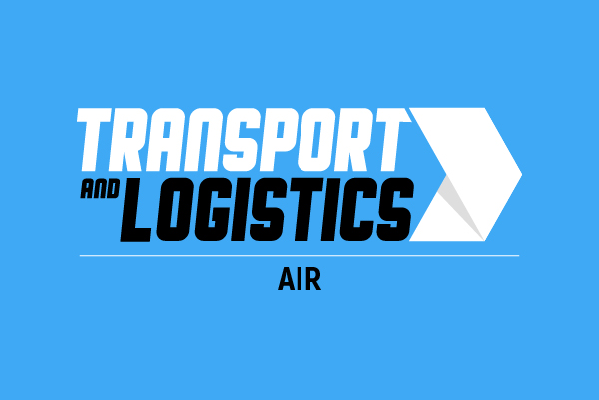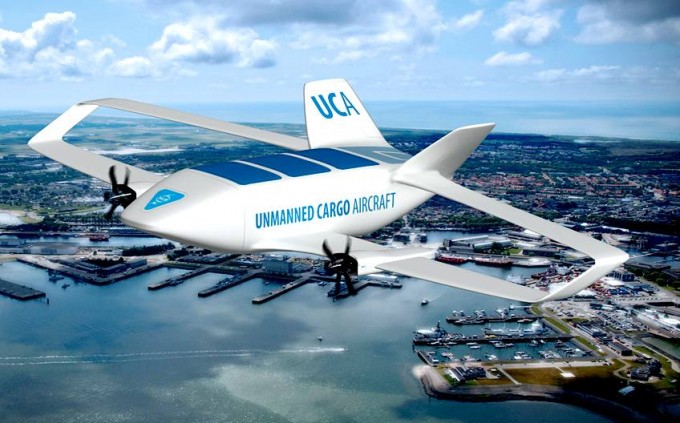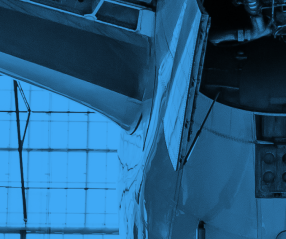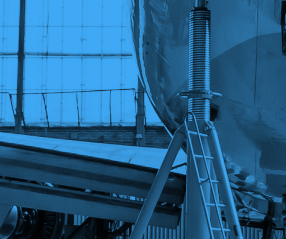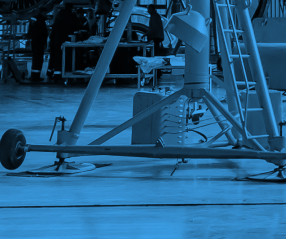The operation of unmanned cargo aircraft (UCA) moved closer to reality as delegates from the aerospace and logistics industry met recently to discuss the way forward. The unique initiative, organised by the National Aeronautical Centre, West Wales Airport, took place at the Lancaster Hotel in London, in the form of a roundtable discussion. It was a world first event and an important step on a road that will lead to unmanned cargo aircraft being used throughout the global logistics chain.
With 35% of world trade worth $6.4 trillion1 now travelling by air, the time had come to prepare the way for UCA to participate, so the group, that included Thales, BAE Systems, Leonardo Finmeccanica, Avio Aero (a GE business), IATA, Lufthansa, PUCA, Heathrow cargo and other airline representation, discussed issues regarding a wide range of potential UCA operations from intercontinental air freighters to local deliveries by small drones.
The meeting recognised that unmanned technology was not only capable of undertaking roles currently being carried out by large manned cargo aircraft, but taking over often arduous tasks from ground transport as well, including hub to hub bulk deliveries by road and disaster relief in remote regions.
Ray Mann, Managing Director of West Wales Airport, said, “The past 20 years has seen the evolution of unmanned aircraft and although initially developed for military operations, they have demonstrated the means of having far greater potential for all sorts of civilian use. At the same time, the internet has created a situation where there is now an ever increasing requirement to move more and more goods more quickly from the supplier to the consumer.
He continued, “As UCA can be constructed in any size and shape depending on the task required, this first roundtable discussion has been invaluable for both industries to understand how they can best respond to this growing demand.”
The delegates agreed that even though the required technology already exists, the wide ranging use of UCA will not fully materialise until both industries can merge their vision of the future. In the meantime, it is important to continue exchanging views as well as support demonstration projects to prove capability and build confidence.
Glyn Hughes, Global Head of Cargo at IATA, commented, “The development and use of UCA’s provides a great opportunity for the industry to carve a new niche for itself in global logistics. Not only do UCA’s have the potential to create new models for business and service delivery but they also have the ability to transform industries and overcome infrastructure limitations.
“In order for the full economic and social benefits of commercial drone technology to be realized the groundwork needs to be done now to ensure their safe integration with existing air traffic and infrastructure,” he concluded.
The initiative is set to continue with further meetings planned in the coming months.


